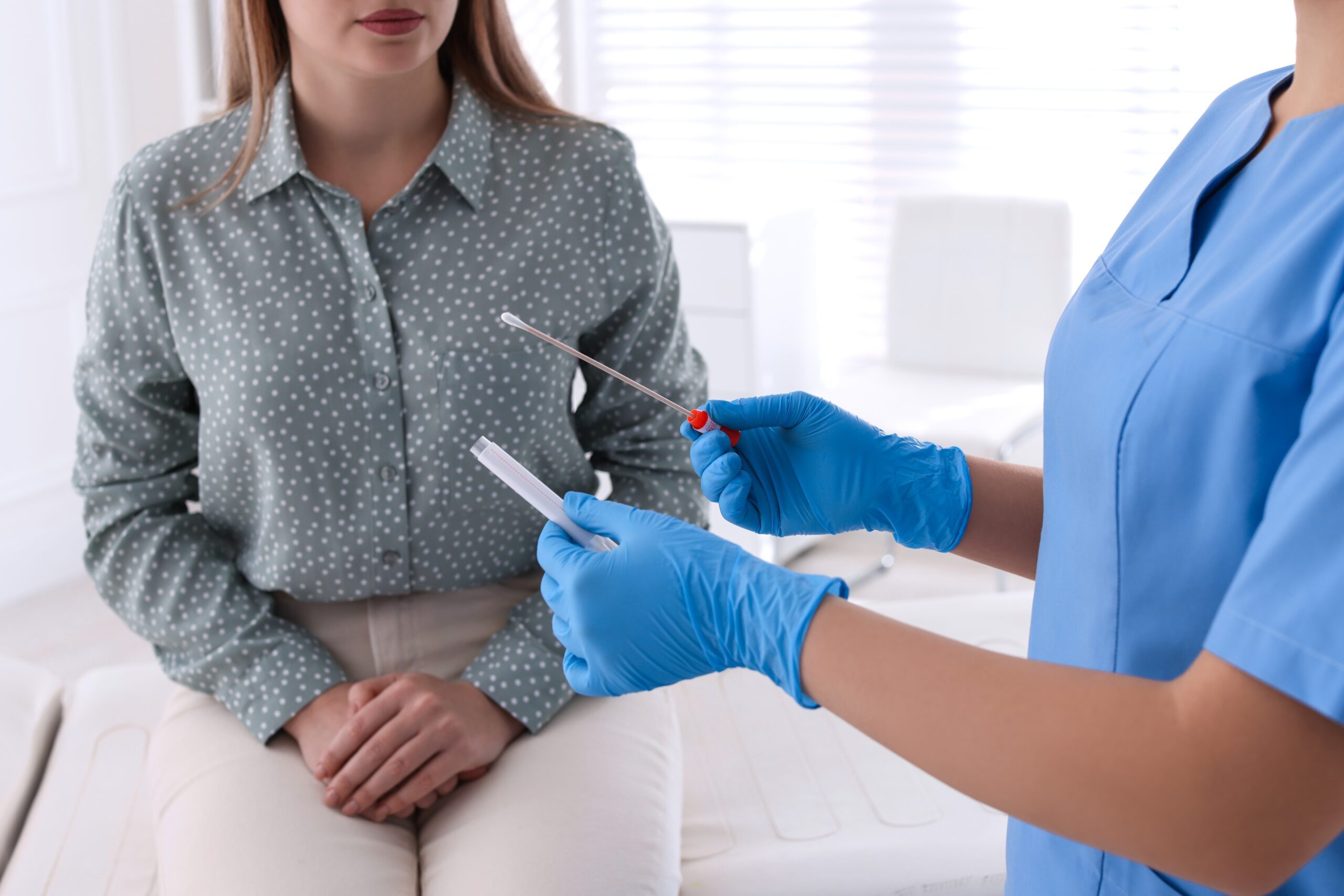If you’re sexually active, getting tested is one of the smartest things you can do for your health. St. Louis offers free or low-cost STD tests at clinics like Health Stop STL and others. Here’s a simple breakdown of the most common STD tests in St. Louis, what they check for, and who should get them.
Why Getting Tested Matters
Most STDs don’t have symptoms, so you could be infected and not know it. Regular testing helps you catch and treat issues early—and protect your partners. Experts say everyone ages 13–64 should get tested for HIV at least once, and more often if you’re high-risk. Testing gives you peace of mind and keeps our community safer.
HIV Testing
What it’s for: Checks for HIV, the virus that can lead to AIDS.
How it’s done: Finger-prick blood test or oral swab. Rapid tests give results in about 20 minutes. Health Stop STL offers
both in-person and free at-home test kits.
Who should get it: Everyone at least once. Test every 3–6 months if you have multiple partners or don’t use condoms consistently.
Chlamydia & Gonorrhea Testing
What it’s for: Two very common STDs, often symptom-free.
How it’s done: Urine sample or swab (vaginal, rectal, or throat depending on activity). Quick and painless. Available at Health Stop STL.
Who should get it: All sexually active women under 25 yearly; men and others with risk factors should test regularly too. Always test if you have new partners or symptoms.
Syphilis Testing
What it’s for: Syphilis is a bacterial infection that progresses in stages if untreated.
How it’s done: Simple blood test; rapid tests also available. If you have a sore, it might be swabbed.
Who should get it: Men who have sex with men, people with multiple partners, and all pregnant women. Include syphilis in your regular testing if you’re at risk.
HPV and Pap Tests
What it’s for: Screens for high-risk HPV types that can cause cervical cancer.
How it’s done: Pap smear (cervical swab) during a pelvic exam. Often paired with HPV test.
Who should get it: Anyone with a cervix: Start at age 21, then every 3–5 years depending on your age and results. Men don’t get routine HPV testing but should monitor for warts.
Herpes Testing
What it’s for: Herpes simplex virus (HSV-1 and HSV-2), which can cause cold sores and genital herpes.
How it’s done: Swab test if you have sores; blood test if you suspect exposure. Blood tests aren’t always recommended unless you have symptoms or concerns.
Who should get it: Only if you have symptoms, a known exposure, or you specifically request it. Not part of routine
screening.
Where to Get STD Tests in St. Louis
Health Stop STL: Free, walk-in STI testing and at-home HIV test kits. Great for privacy and ease.
St. Louis County Health Clinics: Free testing and treatment, no appointment needed.
Planned Parenthood & Community Health Centers: Low-cost options with sliding scale fees.
University Health Services: For students at WashU, SLU, UMSL, and others.
The Bottom Line: STD testing is quick, confidential, and often free in St. Louis. Make it part of your
routine, especially if you’re dating or have new partners. Taking care of your sexual health is
taking care of your future.


